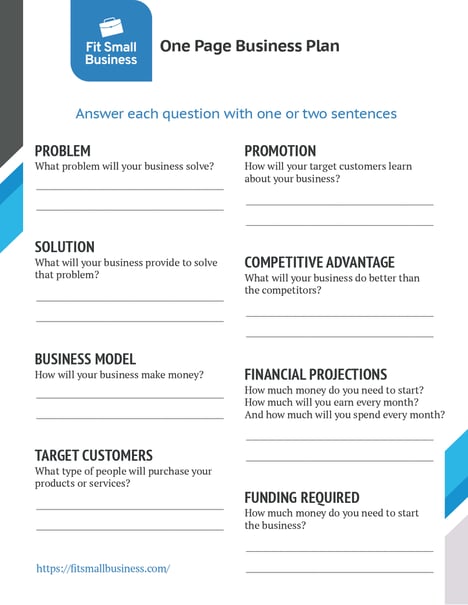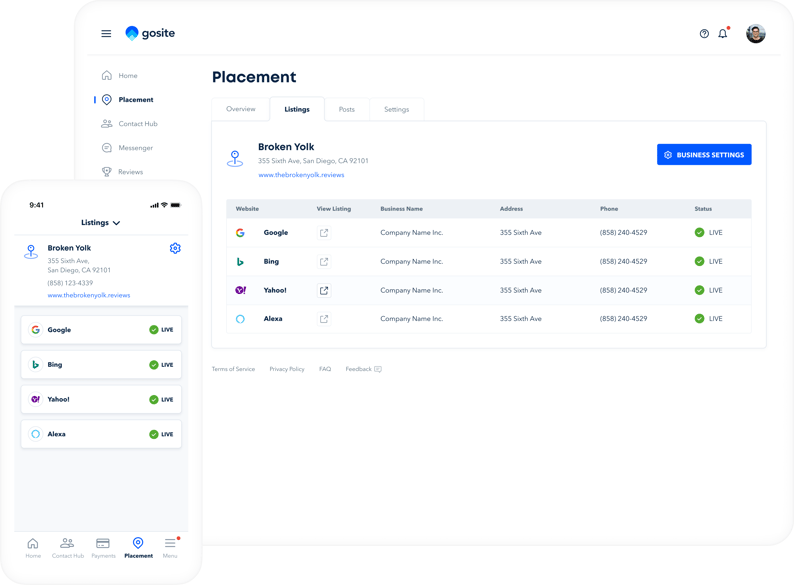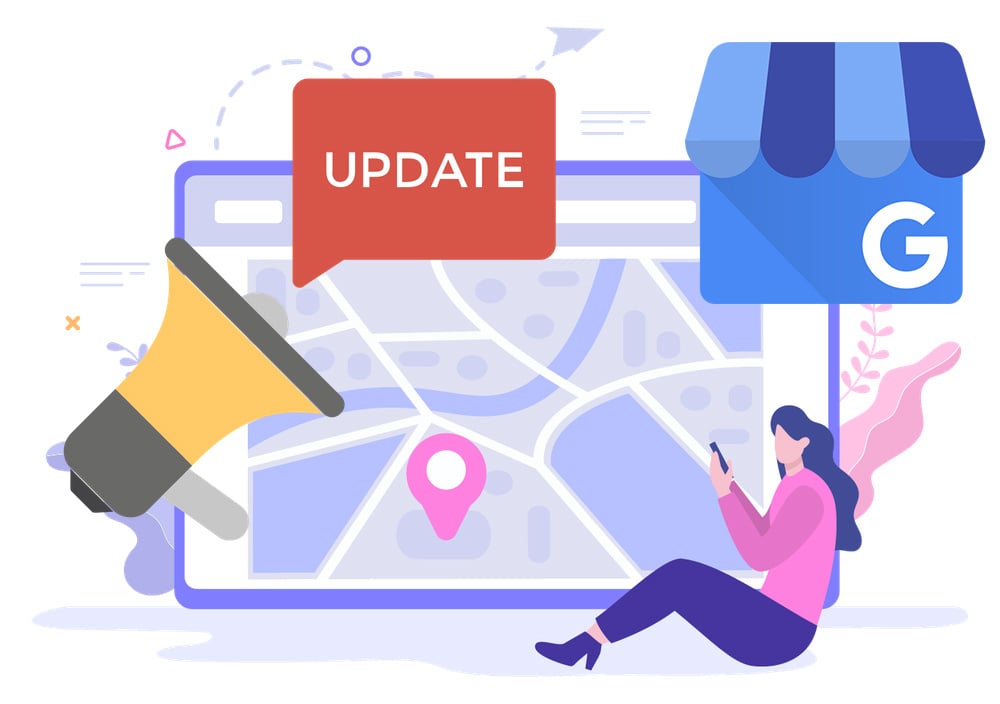How to Start a Low-Cost Small Service Business from Home
There is a shortage of home service providers while demand remains remarkably high. Learn how to start a small business at home on a low startup budget.

While many of us might conjure up a fancy coworking space or a refurbished rental space when we think of entrepreneurship, did you know that 69% of U.S. entrepreneurs start their businesses from home?
Starting a small business from home is not only a great way to generate income, but it can also be an incredibly rewarding experience. With low overhead costs, the ability to work from the comfort of your own home, and tax benefits, the list of perks doesn’t end.
Jump To...
What are the Best Business Ideas for Launching a Home-based Service Business | What You Need to Start a Service Business from Home | How to Make a Service Business Plan in 5 Steps | Establishing Your Online Presence | Getting the Word Out About Your Home-based Business | In Conclusion
What are the Best Business Ideas for Launching a Home-based Service Business
There are many side hustle services that you can easily provide from home to earn a little extra money on the side. But if what you want is to make a living and generate wealth with your home business idea, here are a few service ideas to help you get started.
Home Cleaning
With low startup costs and high demand for cleaning services, home cleaning is a great way to generate income. And after the COVID-19 pandemic, cleaning and disinfecting have become more prominent in everyday life. Whether you want to offer general cleaning services or specialize in a particular area, such as deep cleaning or eco-friendly cleaning, there is a lot of potential for success in the home cleaning industry.
Car Cleaning (Detailing)
91.7% of all households in the U.S. own a car. With a car cleaning and detailing business, you can take advantage of a large target market. Auto cleaning and detailing services can range from basic car washes to more specialized services such as paint correction, ceramic coating, and interior detailing.
Handyman or Handywoman
As a handyman or handywoman, you can offer a wide variety of services, from minor repairs to major renovations, making it a versatile and lucrative business option. The demand for handyman services is high, particularly in residential areas, where homeowners often require maintenance and repair work.
Lawn Mowing and Landscaping
Lawn mowing and landscaping services may be seasonal or year-round, depending on where you are located. Lawn mowing services typically involve mowing, trimming, and edging lawns, while landscaping services can include everything from planting flowers and shrubs to designing and installing outdoor living spaces.
Junk Removal
From old furniture and appliances to piles of unwanted clutter, people are looking for a reliable and efficient way to get rid of their unwanted items.
.
Moving
Launch a moving service and help people start their new chapters across town or across the country. By offering services such as packing, loading, and transportation, you can help make the moving process stress-free for your clients.
Childcare or Babysitting
Many parents look for high-quality, professional babysitting or childcare services as they seek reliable and trustworthy care for their little ones. It’s a valuable service that can make a real difference in the lives of the families in your community.
Be sure to check the licensing requirements for childcare in your area.
Personal Trainer
If you enjoy helping others achieve their health goals, launching a personal training service could be the perfect opportunity. With platforms like YouTube and Instagram, running a business from home in the fitness space can prove easy - you can offer customized workout plans, nutritional guidance, and one-on-one coaching.
Interior Decorator and Organization
Your expertise in creating beautiful and functional spaces can help those who are looking to refresh and revitalize their homes. Source: Bureau of Labor Statistics
Source: Bureau of Labor Statistics
In May of 2021, there were between 80 and 8,330 interior designers employed depending on the state, demonstrating that they’re in high demand - especially in certain areas.
Beauty Services (Hair Styling, Nails, Makeup, etc.)
The beauty industry is diverse - from offering haircuts and styling to makeup application and skincare services. There are a robust number of beauty services you can offer from the comfort of your own home.
Assisting the Elderly and Handicapped
Travel to homes around the city and provide support with daily tasks, errands, and companionship. In the U.S., there is a growing aging population and many individuals living with disabilities, and thus, a growing demand for compassionate and reliable caregivers. Clients can receive personalized and attentive care in the comfort of their own homes through your business.
Be sure to check the licensing requirements in your area.
Locksmithing
As a locksmith, you'll be able to help people in need of assistance with locks, keys, and security systems. This might include essential services like unlocking cars to rekeying homes and businesses. Starting your own business from home means you'll have the flexibility to work around your schedule and cater to emergency situations.
Pest Control
Bugs, rodents, and other pests can quickly turn a peaceful night at home into a nightmare. If you have the skills and equipment to provide pest control services, it’s easy to grow your business with a home office and suitable vehicle.
What You Need to Start a Service Business from Home
A Business Plan
A business plan serves as a roadmap for your company's growth and success. Your plan should outline your goals, target market, marketing strategies, financial projections, and other important details that will help you stay on track.
The Right Skills
Having a wealth of creative ideas is certainly a plus, but you’ll need to have the right skills for the job. Identify your strengths and make sure they align with the services you plan to offer, as this will ensure you can deliver high-quality work to your clients.
Funding
Although home-based businesses require a lot less overhead costs than brick-and-mortar businesses, you’ll still need to be able to cover your expenses your first year. Depending on the type of business you're launching, you may need to invest in equipment, inventory, or marketing materials to get your business off the ground.
Equipment and Secure Storage
Depending on the type of service business you’re starting, you may need to invest in specific equipment such as tools, technology, or specialized machinery. And once you’ve made that investment, have secure storage space for your equipment and supplies, whether it's in your home or a separate storage unit.
Your First Customers
Even during your business's inception, it's always a good idea to get a few customers under your belt. You'll learn what you need to expand your efforts to go full time, and you can start to generate positive word-of-mouth.
How to Make a Service Business Plan in 5 Steps
1. Decide What You Need Your Business Plan For.
It’s always a smart idea to develop a business plan. But depending on what you want one for, you’ll need to be sure to include extra information and structure it correctly. Source: Fit Small Business
Source: Fit Small Business
For example, building a business plan to take to a lender offering an SBA loan, you’ll need to spend weeks researching your market demand and build it according to strict guidelines.
What’s more likely for your at-home business is that you need a business plan for yourself. The purpose is to perform “due diligence,” make financial arrangements, and keep your ducks in a row.
2. Organize Your Resources.
Take stock of the people, equipment, and space you have at your disposal to take action on your ideas. As you’re doing this, you should also build a list of the things you need to set yourself up for success.
3. Decide a Business Name and Structure.
If you want to keep things simple, you can launch your business as a Sole Proprietorship. Filing taxes will be easier, and less paperwork to file with the local and federal government.
However, being a sole proprietor has a lot of risk, especially for service businesses. Should an accident happen or a customer want to take legal action, your personal and business assets are one and the same. In a worse case scenario, one bad experience could leave you with nothing. For these reasons, most business experts recommend setting up an LLC or S Corps.
When you put your business plan together, you should already have decided your business name and structure. Since this step can be complicated, it’s not a bad idea to work with a certified public accountant or small business attorney.
4. Build Financial Statements.
When you’re projecting what “the numbers” are going to look like, you will build what are called Pro Forma Statements. These statements include:
- Income statements (1-3 years)
- Cash flow statements (1-3 years)
- Balance sheet
Your financial statements are the most important part of your business plan.
Research Costs
You’ll want to think carefully about what your business costs will look like. Some costs will be fixed (that is, they remain the same month-to-month, such as the cost of a storage unit, monthly subscriptions, etc.), and others will be variable (that is, they change depending on how much business you have, such as gas costs).
Since you’re launching your business from home, scope out the percentage of your home you plan to dedicate strictly to your business operations. You can take a percentage of home’s square footage and count that percentage of your rent and utilities as tax-deductible business expenses.
Price Your Services
As you research competitors in your area, you will also need to decide the specifics of the services you will provide and how much you plan to charge. Using a break-even calculator, you can adjust these numbers until you feel comfortable with your prices.
Project Your Sales
For the average business startup, it takes 1-3 years to generate a profit. Since you’re operating your business from home, your costs should be much lower, and it may be possible to earn a profit in just a few months.
Carefully project your sales month-to-month in your cash flow and income statements. You can even build three versions – worst case scenario, best case scenario, and in-between.
5. Get Funding.
Even if you don’t think you need additional funds to get started, it’s always a good idea to have options should your equipment break, you fall upon hard times, or you have the opportunity to expand your business.
The fastest way to get flexible funding is through a business credit card. Most offer you an introductory 0% interest rate, and if you keep your account in good standing, you’ll be able to get credit limit increases and qualify for new promotions.
You can also apply for business microloans. These installment loans give you a sizable influx of cash to start and sustain your business until it becomes profitable.
Establishing Your Online Presence
Having a quality website that acts as the storefront of your business is a must and should include clear information about your services and contact information.
Basic local SEO principles, such as optimizing your Google My Business profile and accurately listing your business on directories, can also greatly improve your online visibility and help potential customers find you.
 Source: GoSite Placement
Source: GoSite Placement
GoSite's Placement product offers online business listing management, ensuring your business information is up to date across multiple directories.
Getting the Word Out About Your Home-based Business
- Use social media platforms like Facebook, Instagram, YouTube and TikTok to promote your services and interact with potential customers.
- Build an email list of interested prospects and send regular newsletters or updates about your business.
- Attend local networking events, trade shows, or community gatherings to meet potential customers and promote your services.
- Create business cards, flyers, or brochures to hand out to potential customers or leave in public areas like libraries, cafes, or community centers.
- Offer referral incentives or discounts to customers.
- Collaborate with other businesses in the same industry or complementary industries to cross-promote each other's services.
- Leverage online reviews and encourage satisfied customers to leave positive feedback on sites like Yelp, Google My Business, or Facebook.
In Conclusion
Starting a small business from home is an achievable goal for anyone with passion and a willingness to put in the work. Keeping our tips on careful planning and building a solid online presence, you can launch a successful home-based service business without breaking the bank.

%20(1)%20(1).png?width=340&name=Group%2012%20(2)%20(1)%20(1).png)



